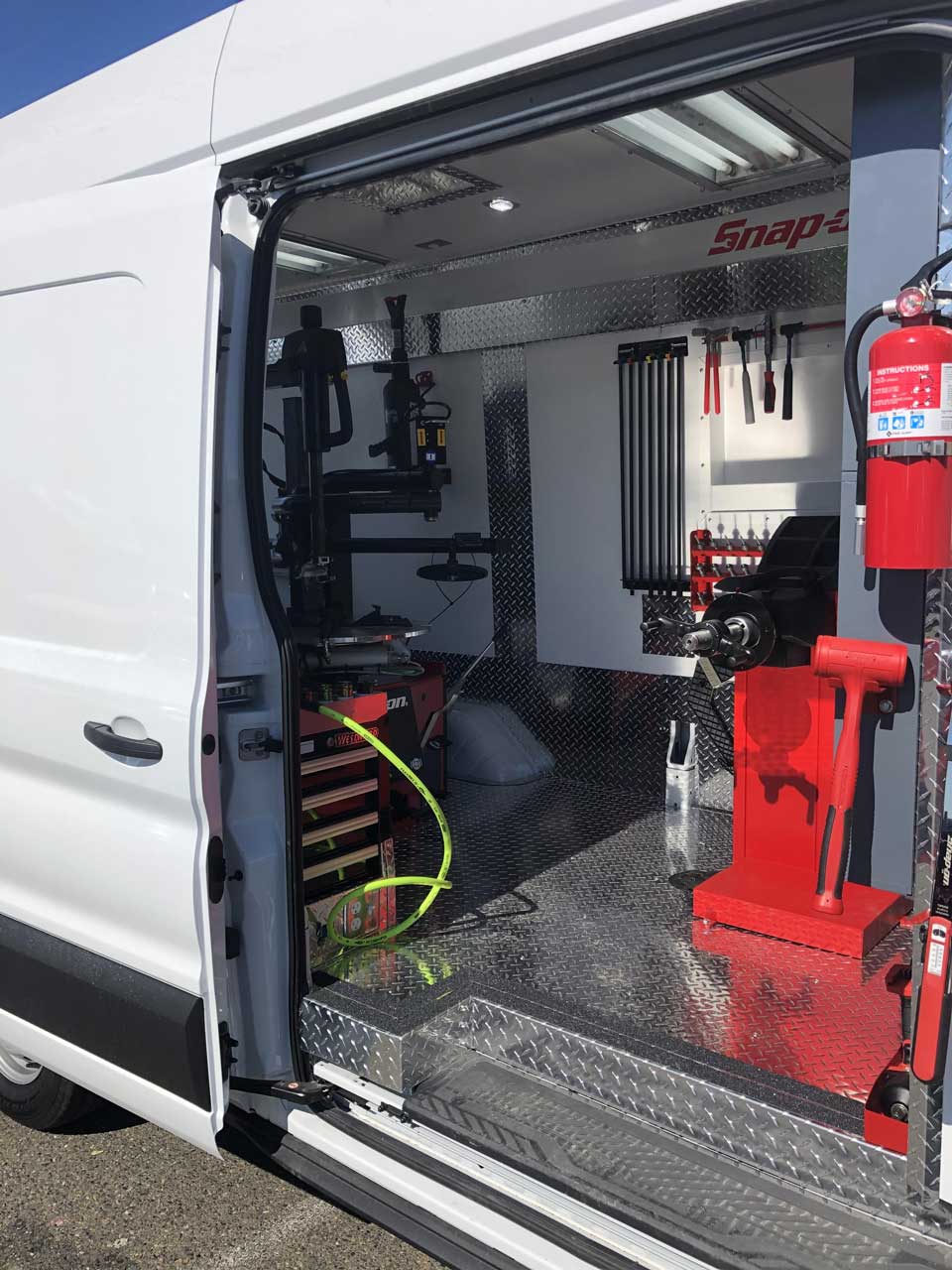Morris Tires: Where GMC Tire Service Satisfies High Quality
Morris Tires: Where GMC Tire Service Satisfies High Quality
Blog Article
Tire Service: The Influence of Weather Condition Problems
When it comes to guaranteeing optimal performance and safety on the road, understanding the impact of climate problems on tire solution is crucial. From scorching warmth to icy roads, each weather element can considerably affect tire performance and general driving experience. By diving into the impacts of differing climate condition on tires, chauffeurs can acquire valuable insights that might enhance their vehicle's performance and long life. In this discussion, we will certainly explore the intricate connection between weather and tire service, losing light on the significance of weather-specific tire maintenance techniques and factors to consider.
Warm and Tire Efficiency
When subjected to high temperature levels, tires experience adjustments in performance that can significantly affect lorry safety and security and handling. The warm generated from long term driving or warm weather conditions creates the tire rubber to soften, leading to minimized step life and increased wear.

Cold Weather Condition Results
Winter conditions can have a considerable effect on tire performance and safety. As temperatures drop, tire rubber can set, resulting in lowered grip on icy or snow-covered roads. In chilly weather condition, tires might likewise lose atmospheric pressure extra swiftly, which can affect taking care of and gas effectiveness. In addition, cold temperature levels can create tire sidewalls to stiffen, enhancing the threat of damages from potholes or various other road dangers.
To minimize the effects of winter on tires, it is vital to consistently examine tire stress and inflate them to the producer's advised degrees. Using wintertime or all-season tires designed for winter conditions can also enhance grip and hold on icy or snowy roads. Appropriate tire upkeep, consisting of routine assessments for wear and damage, comes to be much more important throughout colder months to ensure ideal performance and safety and security.
Rainy Conditions Impact
Throughout stormy conditions, tire performance and safety and security can be substantially influenced by the damp roadway surface areas and lowered presence. The walk pattern of tires plays a critical role in check this site out preserving traction on this link wet roads. Tires with worn-out footsteps are a lot more prone to hydroplaning, where a layer of water builds up in between the roadway and the tire surface area, resulting in loss of traction. To fight this, vehicle drivers should routinely inspect their tires for ample step deepness and think about buying tires especially designed for damp conditions.
Furthermore, stormy weather condition can likewise lower presence, making it challenging for motorists to see the road in advance clearly (GMC Tire Service). In such conditions, it is necessary to adjust driving rates appropriately and preserve a secure adhering to distance to enable unexpected stops. Effectively inflated tires can also assist in keeping control on damp roadways by giving better handling and grasp
Snow and Tire Security
Snow-covered roadways position distinct obstacles for drivers, highlighting the importance of proper tire choice and upkeep. When driving in snowy problems, having the right tires can make a significant difference in safety and performance. Winter tires are developed with special rubber substances and step patterns to offer much better grip on snow and ice contrasted to all-season tires. The deeper footsteps and sipes of winter months tires assist grasp the road much better, minimizing the threat of gliding and slipping.

Moreover, chauffeurs must consider installing tire chains in extreme snowy conditions. Tire chains give added grip by grasping the snow and ice, enhancing security and control. Nonetheless, it is necessary to follow maker instructions when utilizing and installing tire chains to stop damage to the tires and lorry. By choosing the appropriate tires, keeping appropriate inflation, and thinking about additional traction aids like tire chains, motorists can improve their safety and security when navigating snow-covered roads.
Weather-Related Tire Upkeep
Weather-related tire upkeep includes an array of practices intended at making sure ideal tire feature and longevity in different climate scenarios. One key facet of weather-related tire upkeep is tire pressure regulation. Checking tire walk regularly and replacing tires when tread wear gets to a specific depth is vital for maintaining traction and security in unfavorable weather.
Verdict
Finally, weather have a substantial effect on tire efficiency and safety. From warmth influencing tire pressure and put on to winter lowering traction, it is important to consider the climate when maintaining and making use of tires. Stormy go to this site problems can decrease hold and cause hydroplaning, while snow can enhance the threat of accidents if tires are not appropriately geared up. Weather-related tire maintenance is important in making certain ideal efficiency and security when traveling.
In this conversation, we will check out the complex relationship in between climate problems and tire service, shedding light on the relevance of weather-specific tire upkeep techniques and factors to consider.

Report this page